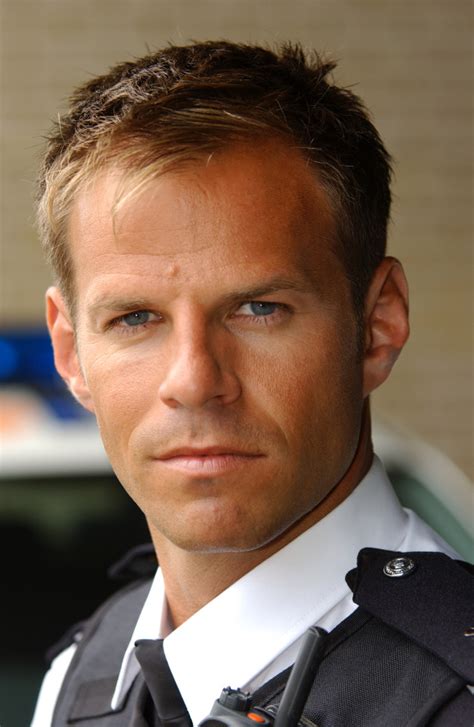A Quote by Ming-Na Wen
Being a sci-fi geek, it was just lovely to be on a show where I pretend I'm in outer space. That's always been my dream: to pretend to be out in space or actually be out in space.
Related Quotes
What's lovely about 'Eureka' is that it's a sci-fi show, but it's not monsters from outer space; it's not craziness from outer space. It's just about this community of people and what they do. These geniuses have sometimes done wonderful things and sometimes created global warming. It has this wonderful left-of-center sense of humor.
For me space rock is something that takes you out of yourself and out of your normal realm. And if space happens to be that inner space or outer space it's a very personal thing. I think that mantra is space music. I think that Native American tribal drumming is space music. Anything that allows you to go inward to go outward and to move within a space that is not normal to your reality.
I would die to record in space. That would be the coolest. If I got the option of, going into outer space and hanging out there for a day, and then coming back home and dying the next day, or just waiting around to see if there's any opportunity for the technology to develop so that I might experience outer space sometime in the future, I would probably take the ride today and die tomorrow. I'd be happy just hanging out between the moon and the Earth, getting a view.
I've actually found that most of my jobs have been in sci-fi. I realized it because sci-fi has the biggest fan following. Every time I do a play in London all these sci-fi fans come out. They ask me to sign things from all these little projects that I did. I hadn't even made the connection. It doesn't always have a spaceship and guns; sci-fi has been projected on in someway. I did Never Let Me Go, which is sort of Star Trek-y. It's about the future and training humans. It's sci-fi too. It's such a broad umbrella.
Oftentimes, when we think of 3D, we think of things coming out of the screen, but actually, you've got this zero, this negative space, what they call the negative space, which is the scene, what's being filmed in the positive space of the audience. As you can have things come out, you can have all of this depth.
The brilliance here is appropriation: space, form and interface combine to create a Jetsons sound machine. A dream of music access that just hovers, its floating defines a space. The shape seems so obviously sci-fi, but fresh. The function could follow the form. The shape is beautiful and functional-which hits both of the pillars of American Needs right on the head.
The dimension that counts for the creative person is the space he creates within himself. This inner space is closer to the infinite than the other, and it is the privilege of the balanced mind... and the search for an equilibrium is essential - to be as aware of inner space as he is of outer space.
Sci-fi uses the images that sf - starting with H.G. Wells - made familiar: space travel, aliens, galactic wars and federations, time machines, et cetera, taking them literally, not caring if they are possible or even plausible. It has no interest in or relation to real science or technology. It's fantasy in space suits. Spectacle. Wizards with lasers. Kids with ray guns. I've written both, but I have to say I respect science fiction enough that I wince when people call it sci-fi.




































